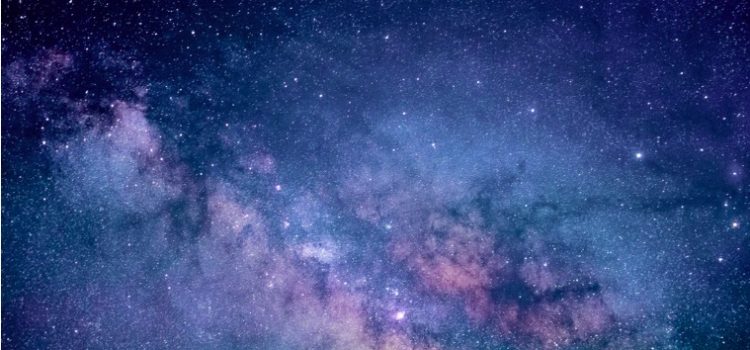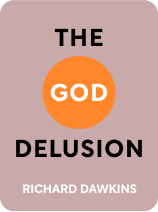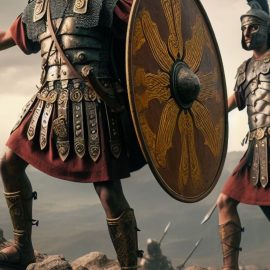

This article is an excerpt from the Shortform book guide to "The God Delusion" by Richard Dawkins. Shortform has the world's best summaries and analyses of books you should be reading.
Like this article? Sign up for a free trial here .
Did God create the universe? Why do people think that a powerful God created everything?
The question “did God create the universe” has been around for most of humankind. Humans have tried to figure out where we came from and the idea of God creating the universe is one idea.
So did God create the universe? Read on to find out.
Did God Create the Universe?
A lot of people have the question “did God create the universe?” There are a couple key arguments that theists try to make to insist that the universe was create by a powerful god. Here’s what they are and why they don’t work.
The “Beauty by Design” Argument
Another argument often advanced by theists is the argument from beauty. This states that the most sublime works of human creation, like the plays and sonnets of Shakespeare or the symphonies of Beethoven, are so exquisitely beautiful that they could not have been created by mortal humans. Instead, they could only be products of some divine spark within humans, planted by God.
This is barely an argument at all, as it does not even offer any logic or proof in support of its conclusions. Why does Shakespeare’s Hamlet or Beethoven’s Symphony No. 5 require the existence of a deity? Art can be appreciated and celebrated by the religious and non-religious alike; one does not need to accept the premise of a higher power in order to be moved by great artistic works.
This even includes religious art, like the Sistine Chapel ceiling by Michelangelo. An avowed atheist can be struck by the beauty of this work without believing in God. Much European art, in fact, is religious (specifically Christian) in nature, because the Church was the primary patron of the visual arts for most of the medieval and Renaissance periods. Artists like Michelangelo had no choice but to create religious works because they were commissioned to do so by the religious authorities. Left to their own devices, they may well have created secular works of equal greatness. This can help reframe the argument when you think about the question “did God create the universe?”
The Luck of Intelligent Life
The anthropic principle provides a useful framework to think about the likelihood of intelligent life in the universe. It can also help answer the question “did God create the universe?”
Astronomy conservatively estimates that there are around one billion billion planets in the universe. Even if you put the odds of intelligent life emerging on any given planet at one in a billion, this would still yield one billion planets capable of sustaining such life. We are not accustomed to accepting events with a one-in-a-billion probability of happening, because they never happen in the course of day-to-day human experience.
But we are also not used to dealing with the sheer scale of the universe, which makes such events likely to happen at least somewhere. If we accept the anthropic principle, then we just happen to be on one of the lucky few planets that can support beings like us, living in a universe with the right mix of fundamental constants to create such planets.
God Setting the Conditions?
So did God create the universe? Indeed, our existence as intelligent beings is highly unlikely. But we must measure the unlikelihood of our existence in the universe against the God Hypothesis, which posits a supreme being carefully setting precisely the right conditions in the universe to support intelligent life.
The existence of a deity capable of precisely calibrating the conditions of the universe so as to support the survival of intelligent life is surely even less likely than the existence of those conditions themselves. Moreover, God is not a “simple” explanation for the existence of intelligent life, despite what theists claim.
If the God Hypothesis were true, the deity it posits would be mind-bogglingly complex, capable of controlling the movement of every subatomic particle in the universe. This once again raises the inevitable question—by what mechanism could such a complex being arise? Who designed the supreme designer?

———End of Preview———
Like what you just read? Read the rest of the world's best book summary and analysis of Richard Dawkins's "The God Delusion" at Shortform .
Here's what you'll find in our full The God Delusion summary :
- Why Dawkins thinks religion has exerted a harmful influence on human society
- How Dawkins concludes that the existence of God is unlikely
- The 3 arguments that challenge the existence of God






